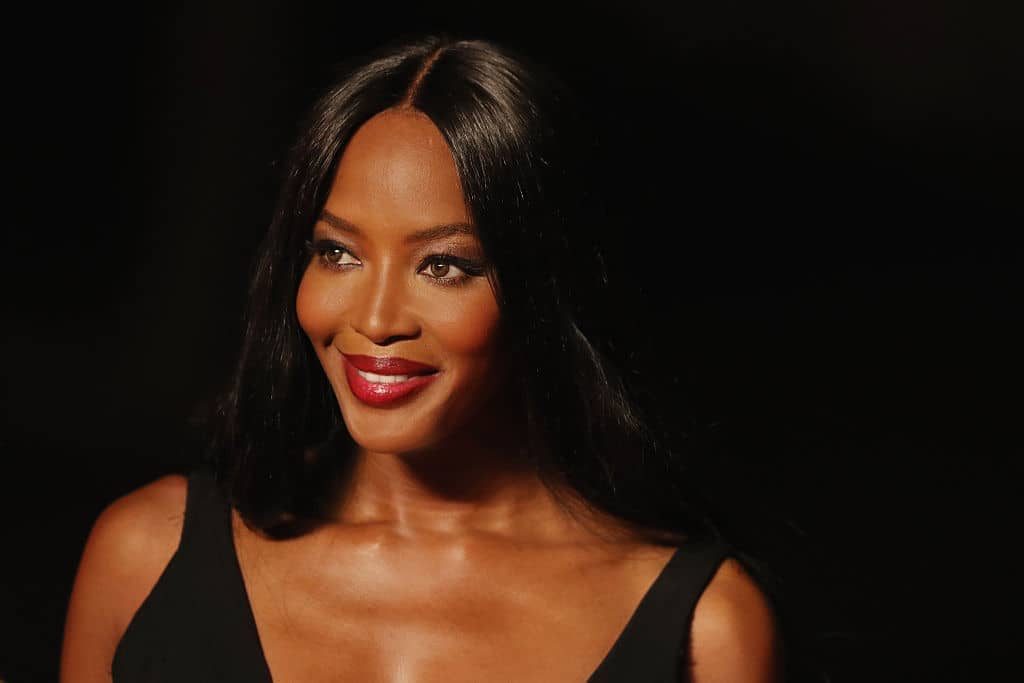On Monday supermodel Naomi Campbell was pictured posing with her new baby daughter for the first time on the cover of British Vogue. Having become a mother in her 50s, she described having a child as ‘the biggest joy I could ever imagine.’
And yet it’s a ‘joy’ few members of the younger generation want to share. New statistics reveal that half of women in England and Wales are now childless by their 30th birthday. In 1971, just 18 per cent of 30-year-olds had no children – now that figure has risen to a record 50 per cent.
This phenomenon is by no means unique to Britain; fertility rates are collapsing across the developed world. There are all kinds of reasons for this: financial insecurity, feminism, loss of religious faith, rising infertility, and even fear of a coming climate apocalypse.
Perhaps fear of motherhood is inevitable in a generation more accustomed to comfort than any other throughout history, and conditioned to think that life should always be carefree
Whatever the cause of the plummeting birth rate, there’s certainly been a palpable shift in the way young women think about motherhood. Increasingly, millennials – and my generation, Gen Z – see parenthood as restrictive, inconvenient, and somewhat irrational. Many view falling birth rates as a sign of women’s liberation: not only are more of us prioritising our education and employment, but living more fun and frivolous lives. Motherhood, something once viewed as inextricably difficult but ultimately rewarding, is now passé – even a little puzzling.
Nowhere is this attitude better captured than on TikTok. Collated under the hashtag #childfree, which has over 242 million views, thousands of women wonder why anyone would choose to have children and forgo their freedom to party, go on guilt-free girls’ nights and maximise their income. Whereas young men are rarely found discussing the prospect of fatherhood online, many young women express a vehement dislike of motherhood.
Several give glimpses into their child-free lives, from drinking wine in the Maldives by themselves to enjoying hungover McDonalds breakfasts with uninterrupted naps. Others flaunt their ability to retain a youthful complexion, to drink hard liquor before noon, and – under the hashtag #doubleincomenokids – to splurge on whatever they want, from arcade machines to $100 on candy. Some even boast about their sterilisations.
Having a baby not only spoils the fun, they insist, but comes with a whole load of unnecessary discomfort. One TikToker hosts a ‘#freebirthcontrol series’ in which she expresses sheer horror at various video clips of motherhood and pregnancy. ‘I’m here to remind you why you don’t want kids,’ she warns millions of viewers, grimacing not just at stories of childbirth but at any possibility of discomfort, from swollen bellies to screaming toddlers.
Obviously, there’s more to these statistics than TikTok. But the attitude of Gen Z speaks to a wider cultural shift. In my experience, it seems like hardly anyone in their early twenties is dreaming of the day they get pregnant. We’re either disinterested or terrified, and plan to put it off for as long as possible.
So why do young people seem so averse to family life? I don’t think it’s as simple as being selfish or uncaring. Perhaps fear of motherhood is inevitable in a generation more accustomed to comfort than any other throughout history, and conditioned to think that life should always be carefree.
These days, society presents material comfort as the ultimate goal, encourages us to satisfy our own desires and to cast off responsibility. Contemporary culture promises self-fulfilment through money, possessions, indulgent self-care rituals and excessive ‘me time’. Our technologies zap away the discomfort of boredom while online pop-psychology tells us to cut off anyone ‘toxic’ or anything ‘problematic’. The message is that we should put our own comfort and freedom first, and anything getting in the way of that is a waste of time.
Are my generation happier as a result? Putting off milestones like marriage moving out and having children hasn’t necessarily produced contentment. They report feeling anxious, lonely and depressed in record numbers. Of course, some can’t help delaying these things – but financial pressures aren’t the only reason for delay, since those putting off kids tend to be middle-class graduates. In fact, according to a recent Pew survey, the top reason from those who don’t plan to ever be parents was ‘I just don’t want to’. Many of us, it seems, have simply been convinced we can sail through life without the meaningful anchors that previous generations grasped onto – and now, unsurprisingly, we find ourselves adrift.
I’m not saying everyone should have children. There’s a myriad of valid reasons why many men and women remain childless. But the trend for renouncing and disparaging motherhood because it interferes with living your best life or for fear of personal discomfort is a symptom of something more sinister: a society convinced that life should be fun and easy, all the time, to the point where we are beginning to show contempt for even the most natural of human instincts.






Comments